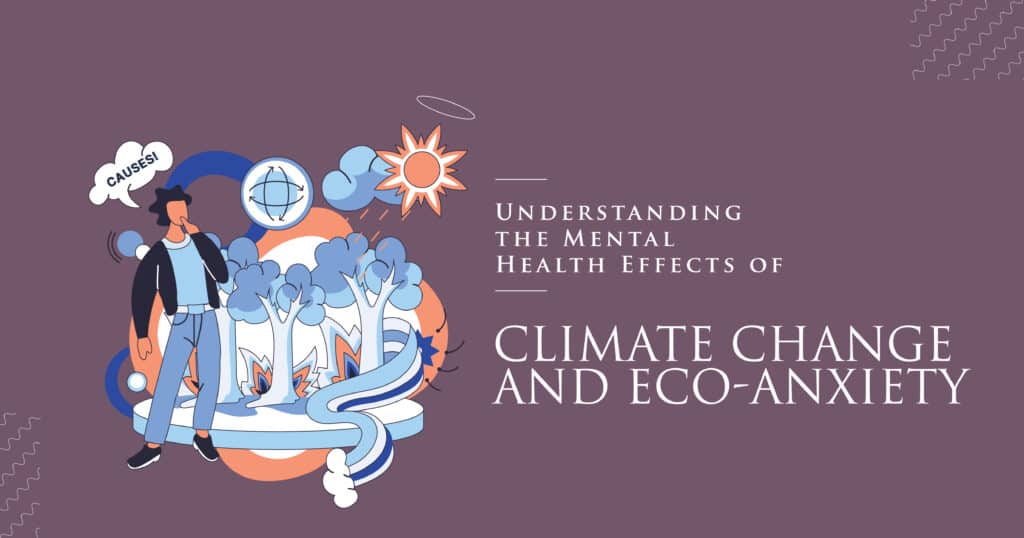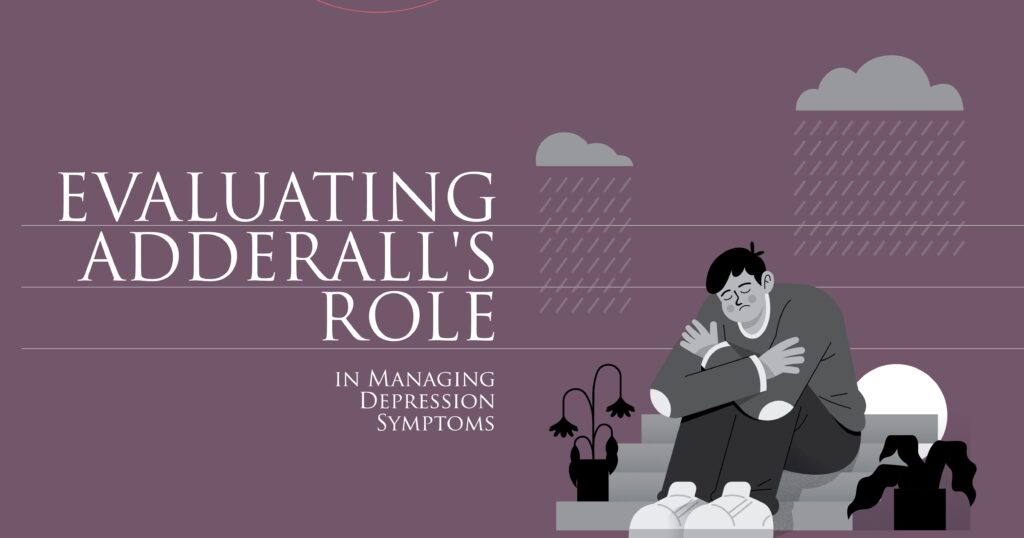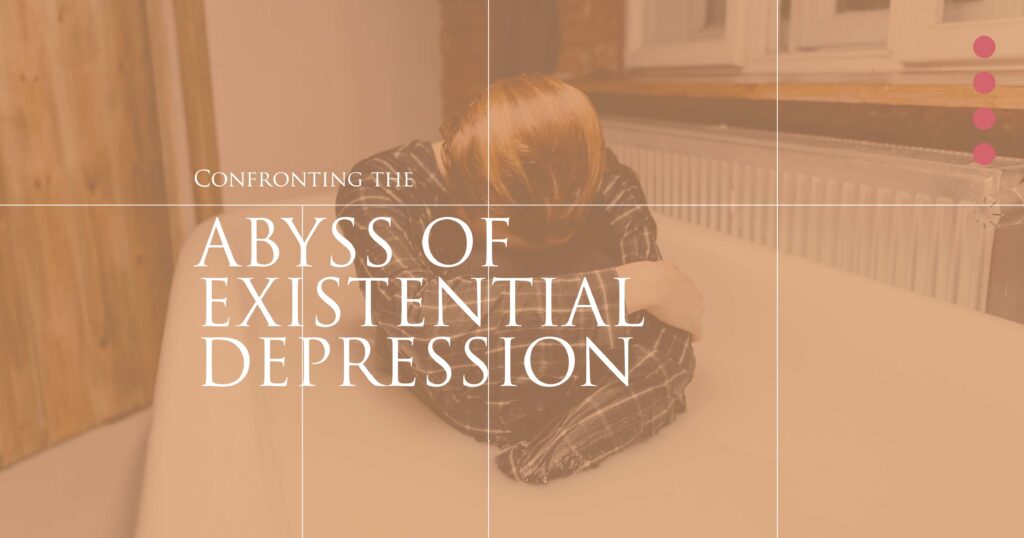Climate change isn’t just a distant problem—it’s affecting us right now, and its impact on mental health is becoming increasingly clear. From the stress of extreme weather events to the chronic anxiety about our planet’s future, climate change is taking a toll on our psychological well-being. The mental health consequences of the climate crisis, such as anxiety, depression, and PTSD, continue to affect individuals, especially those in vulnerable regions.
Essential Takeaways
- Recognize Eco-Anxiety Symptoms: Identify signs such as worry, hopelessness, and physical stress.
- Use Effective Coping Strategies: Educate yourself, engage in positive actions, and practice mindfulness. Seek community and professional support.
- Seek Support When Needed: Professional help and community involvement can effectively manage eco-anxiety and improve mental health.
In this post, we’ll dive into how climate change affects mental health, particularly focusing on eco-anxiety and explore strategies for coping with these emotional challenges.
The Climate Change-Mental Health Connection
Climate change is often discussed in terms of rising temperatures, melting ice caps, and extreme weather events. However, its effects extend beyond the physical environment. Increasing temperatures and poor air quality contribute significantly to human health problems, and these climatic conditions also impact mental health. Increasingly, researchers are recognizing that climate change has significant psychological impacts. One major area of concern is eco-anxiety—a term used to describe the anxiety people feel about environmental crises and climate change.
What Is Eco-Anxiety?
Defining Eco-Anxiety
Eco-anxiety is a relatively new term that reflects the growing concerns and fears people experience related to climate change and environmental degradation. Human activities, such as the burning of fossil fuels, are major contributors to these environmental issues. It encompasses feelings of worry, sadness, and even panic about the state of the environment and the future of our planet. This anxiety is not just a fleeting concern but a persistent emotional state that can impact various aspects of life.
For many, eco-anxiety manifests as a profound sense of helplessness and dread. People from indigenous communities, who have strong ties to their natural environments, often experience heightened psychological responses to climate change-related hazards. You might find yourself constantly thinking about climate-related issues, feeling overwhelmed by news reports, or experiencing a deep sense of grief about the loss of natural landscapes and species.
San Jose Mental Health
The Psychological Impact of Climate Change
Witnessing or learning about climate-related disasters can have a profound psychological impact. The increasing frequency and severity of extreme weather events—like hurricanes, wildfires, and floods—can lead to significant mental health challenges. Entire communities affected by single disasters may experience acute impacts such as trauma, which contribute to psychiatric disorders like posttraumatic stress disorder (PTSD). People affected by these disasters often experience PTSD, anxiety, and depression. The constant barrage of alarming news and predictions can also contribute to a chronic state of stress and despair.
How Climate Change Affects Mental Health
Trauma and Stress from Disasters
Extreme weather events, such as hurricanes, floods, and wildfires, can be traumatic experiences. The immediate aftermath of such events often includes significant psychological stress. Victims may face displacement, loss of property, and the death of loved ones. These extreme climate events and temperature increases are creating conditions where mental illnesses, such as depression and anxiety, are becoming more prevalent. The trauma associated with these experiences can lead to long-term mental health issues, including PTSD, anxiety, and depression.
Long-Term Effects of Displacement
The impact of displacement due to climate-related disasters can be severe. Losing one’s home and community not only disrupts daily life but also erodes a sense of stability and security. This disruption affects socioeconomic status, which in turn influences mental health and quality of life. The psychological toll of such displacement can include feelings of grief, loss, and chronic anxiety. Adjusting to new living conditions and rebuilding one’s life can be an ongoing source of stress.
San Jose Mental Health
The Ongoing Stress of Environmental Changes
Chronic Stress from Environmental Degradation
Environmental degradation, such as pollution, deforestation, and loss of biodiversity, contributes to a constant background of stress. The cumulative effect of these issues creates a sense of environmental doom and helplessness. Many people experience anxiety about the long-term consequences of these changes, feeling as though the planet is deteriorating beyond repair.
This ongoing stress can lead to a state of chronic anxiety, where individuals constantly worry about future environmental impacts and their own role in these issues. The sense of urgency and impending disaster can be overwhelming and affect overall mental well-being.
Health Concerns Related to Pollution
Climate change impacts human health not only through physical illnesses but also through the psychological effects of poor air quality. Air pollution and other environmental changes not only impact physical health but also have significant mental health implications. Chronic exposure to pollutants can lead to respiratory problems, cardiovascular issues, and other health concerns, which in turn can contribute to stress and anxiety. People who are already vulnerable or who have pre-existing health conditions may be particularly affected.
The psychological responses to environmental degradation are becoming more common, with increasing reports of climate anxiety and climate change-related stress.
San Jose Mental Health
Recognizing Symptoms of Eco-Anxiety
Eco-anxiety can present itself in various emotional and psychological ways. Common symptoms include:
- Persistent Worry: Constantly thinking about climate change and environmental issues, even when not directly confronted with them.
- Feelings of Hopelessness: A sense of despair about the future and the state of the planet.
- Physical Symptoms: Stress-related physical symptoms such as headaches, fatigue, or sleep disturbances.
These symptoms can interfere with daily life, relationships, and overall well-being. Recognizing these signs is the first step towards addressing and managing eco-anxiety effectively.
Effective Strategies for Managing Eco-Anxiety
Understanding climate science can empower individuals to reduce feelings of helplessness. Organizations such as the American Psychological Association emphasize the need for mental health care professionals to become better informed about the mental health implications of climate change.
Community resilience is another key factor in addressing the mental health consequences of climate change. By participating in community efforts or working with social media companies to spread positive messages, individuals can feel more connected and empowered.
Call to Action If you’re struggling with eco-anxiety or the mental health impacts of climate change, don’t hesitate to seek support. Mental health services are available to help manage psychiatric disorders triggered by the challenge of climate change. Whether it’s through professional counseling, community involvement, or learning more about environmental issues, taking the first step toward managing your mental health is crucial. Share your experiences, stay engaged with positive actions, and remember, you’re not alone in this journey.








